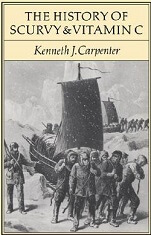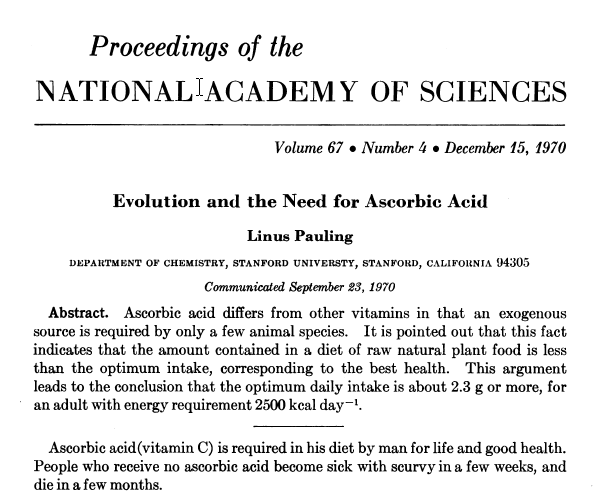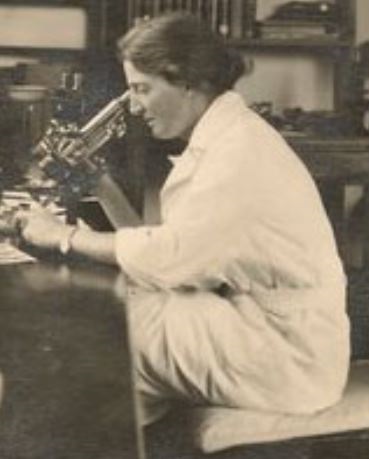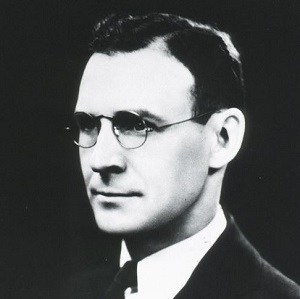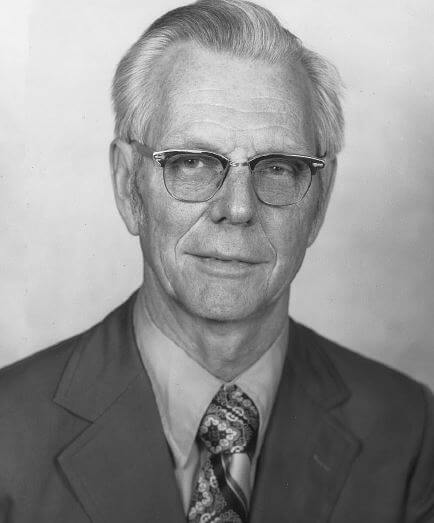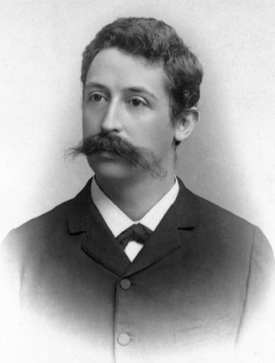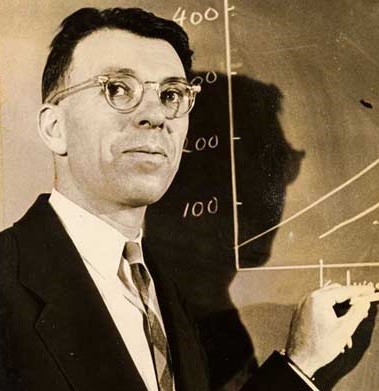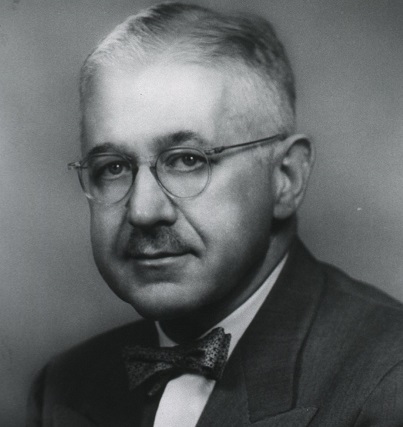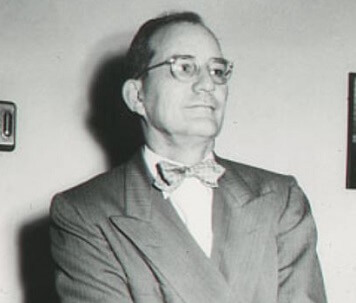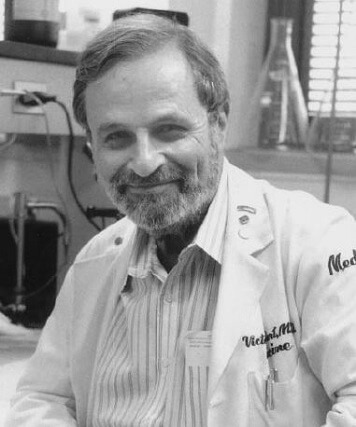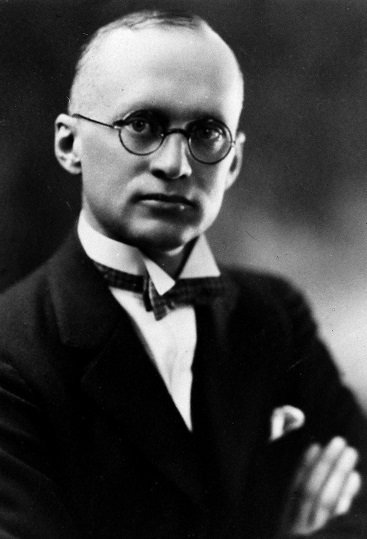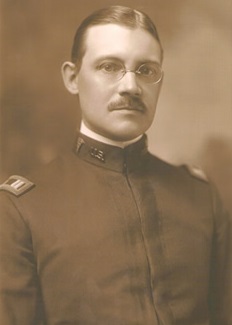Vitamin D, cod-liver oil, sunlight, and rickets: a historical perspective by Kumaravel Rajakumar
Rickets, a disease of vitamin D deficiency, is rarely confronted by the practicing pediatrician in the United States today. At the turn of the 20th century, rickets was rampant among the poor children living in the industrialized and polluted northern cities of the United States. With the discovery of vitamin D and the delineation of …

